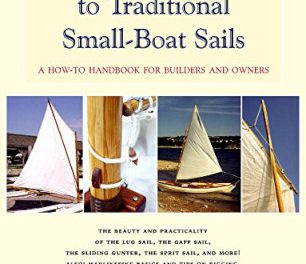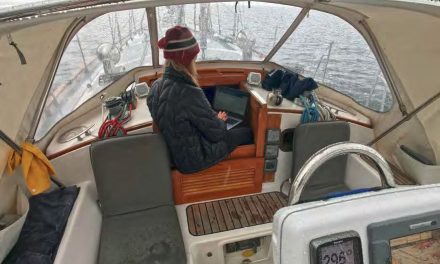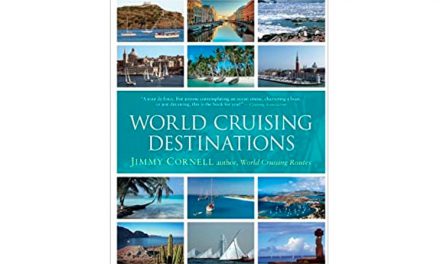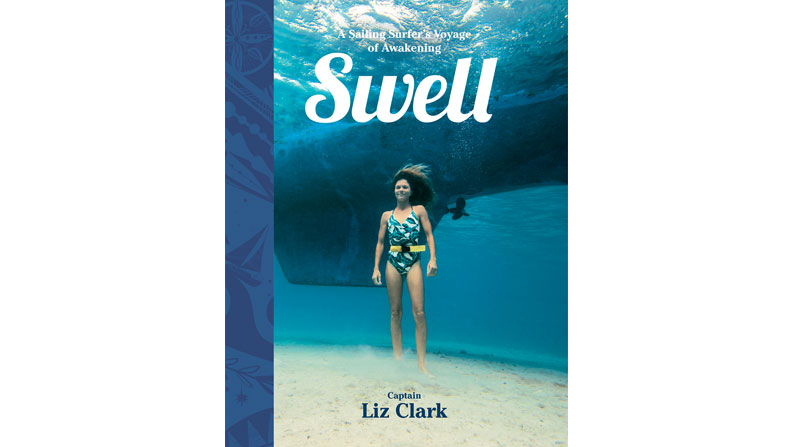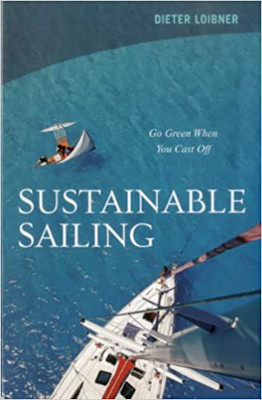 Sustainable Sailing is a wake-up call for the boating community of incipient disaster. Steadily eroding our watery world are pollution and disappearing resources. The disaster is an apocalyptic echo of political cartoonist Walt Kelly’s proclamation, “We have met the enemy . . . and he is us.”
Sustainable Sailing is a wake-up call for the boating community of incipient disaster. Steadily eroding our watery world are pollution and disappearing resources. The disaster is an apocalyptic echo of political cartoonist Walt Kelly’s proclamation, “We have met the enemy . . . and he is us.”
This book chronicles, with numbing detail, the nautical history of our misuse, our current overuse, and the stark potential future of non-use. It also offers shimmering alternatives that could slow or even reverse our future’s unraveling.
Dieter reminds us of the famous moment in the film, “The Graduate,” when Mr. McGuire’s advice was, “…There’s a great future in plastics.” The idea symbolized progress 30 years ago but its unchecked advocacy has become today’s ecological suicide.
Using data and statistics, the author has carefully documented our plight. Fiberglass boat construction requires a massive carbon footprint. The amount of oil needed to produce a 30-foot hull and liner is staggering. At the same time, thousands of boats that are no longer used are clogging the waterways. Recycling solutions are obvious.
For the sake of convenience, we often use fossil fuels to hasten passages, heat our cabins, and cook our meals. These same precious fuels are used in the manufacturing of boat interiors, tanks, sails, and much of our clothing.
First impressions from reading Sustainable Sailing can be shock and hopelessness. Is pleasure boating already extinction-bound and are we blind to the tragedy? A cautiously different answer might be, “Perhaps not.” Instead, we must change.
In ways big and small, our focus must change. Change to enjoying the purity of traditional sailing, with motors reserved for clearing marinas and maneuvering. Change to reincarnating unused boats and equipment rather than longing for the shiniest and newest. We must embrace “green technology” and environmental stewardship to prevent and reverse the direction of our waters becoming toxic waste.
Brace yourself: Sustainable Sailing is a bucket of cold reality. Pollution and consumption, in our planet’s environment, will taper off until equilibrium is reached; that is scientific fact. Whether sailing still exists when it’s reached depends entirely on our choice to preserve or squander. More to the point, it is our inevitable fate.
Sustainable Sailing: Go Green When You Cast Off by Dieter Loibner (Sheridan House, 2009)

